Can Cats Eat Canned Food Everyday?
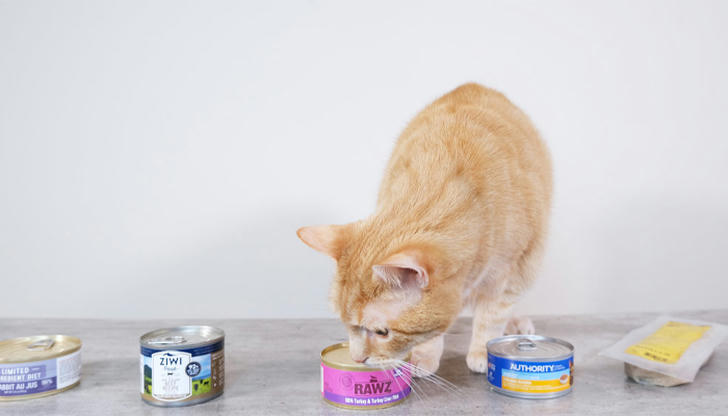
Many pet owners view canned cat food in a similar light as canned human food --- preservative-laden and not very fresh. So, they wonder, is it okay to feed their cats canned food regularly? Their feline friends may have a strong preference for it, but concerns linger about its long-term effects on their health. Let me tell you, your concerns are valid. After reading this article, you'll understand whether or not you should feed your cat canned food and how much is appropriate.
When Can Cats Start Eating Canned Food?
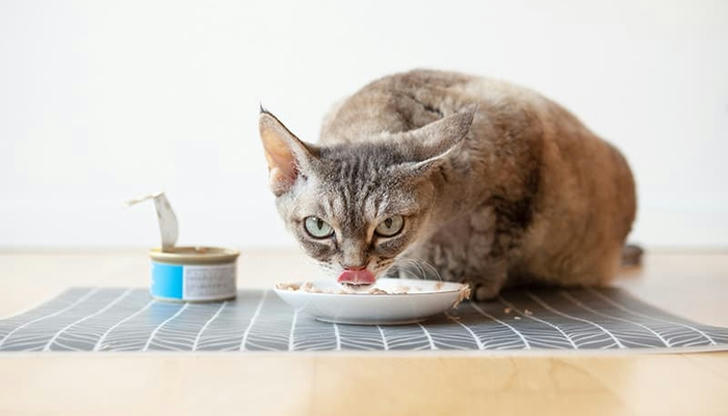
Around two months old, cats gradually wean off their mother's milk. At this point, they can begin eating some canned food as a supplement, providing their bodies with essential nutrients. Cats can indeed be fed canned food daily, but it's essential to control the quantity and frequency. Canned food comes in both main meals and treats, with the former suitable for long-term consumption. Cat owners new to feeding canned food can delve deeper into how to choose the right canned food for their feline friends.
How to Choose Canned Food for Your Cat?
1. Choose Based on Age
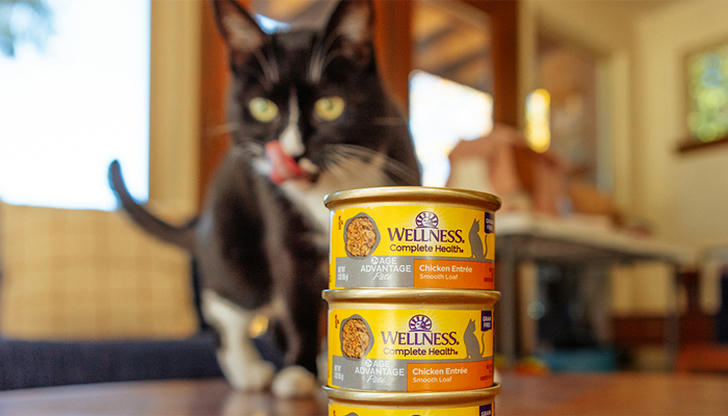
Just like cat food, canned cat food also comes in varieties for kittens and adult cats. Cats are considered adults when they reach 12 months, so kittens aged 2 months to 12 months should be fed kitten canned food. Cats over 12 months old should be given adult canned food. This is because the nutritional needs vary for cats at different life stages.
2. Choose Based on the Feeding Situation
Canned food can be categorized into main meals and treats. Main meal canned food, also known as premium pet food, provides all the necessary nutrients, minerals, and trace elements required for pet growth. It's just in the form of canned food, with no difference in nutritional value.
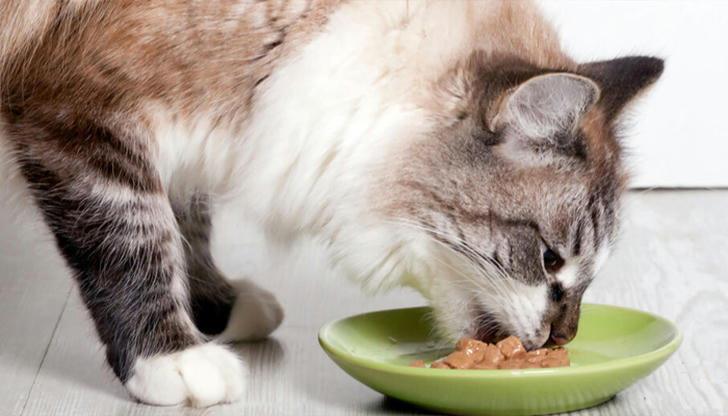
If your budget allows, cats can be fed canned food daily, but remember to choose main meal canned food rather than treat canned food for daily feeding. Treat canned food may not have balanced nutritional content and often contains appetizers. It's only suitable for occasional consumption or as a reward. Treat canned food can be mixed with cat food and fed to cats 2 to 3 times a week. Main meal canned food, on the other hand, is nutrient-rich and meets all the nutritional needs of cats. Cat owners need not worry too much. Just choose according to your feeding situation.
3. Pay Attention to Ingredients and Choose Well-Reputed Canned Food
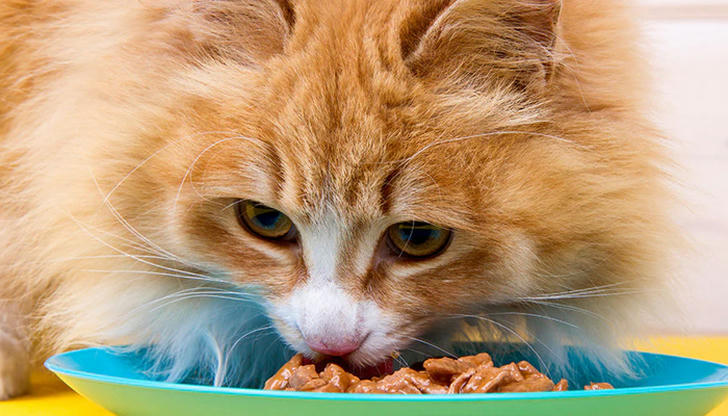
When selecting canned food, besides the points mentioned above, it's essential to check the ingredient list before making a choice. Firstly, a good canned food should have meat as the primary ingredient, not anything else. Secondly, it should contain minimal or no grains. Cats are carnivores and require high-protein foods. The moisture content of canned food should be between 75% and 85%.
When buying canned food, pay attention to the production date and whether the canned food is produced by reputable manufacturers. Choose canned foods with good reputations, such as TikiCat canned food, which can meet the various needs of cats and are reasonably priced.
As a Responsible Cat Owner, You’d Better:
While feeding canned food to cats frequently can supplement their water intake, it can also lead to various oral diseases. Therefore, it's best not to feed canned food as the main diet for cats. Giving canned food to cats once every 1-2 weeks is ideal. It's good to provide cats with some canned food in moderation, but it's essential not to feed them continuously for extended periods. Control the quantity and feeding time when giving canned food to cats. Adult cats are fed 150g of canned food per meal, two to three times a week. Kittens are fed 80g-90g per meal, three to four times a week.
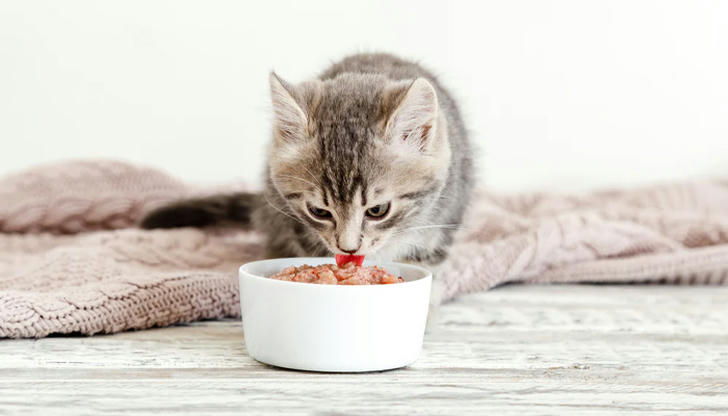
Newborn kittens should never eat canned food, and it's best to avoid feeding canned food to kittens under four months of age. Cats should only start eating canned food when they are fully grown and their gastrointestinal function is normal. Moreover, feeding canned food to cats continuously for an extended period is not advisable, as it may lead to mouth problems in cats from an early age.
